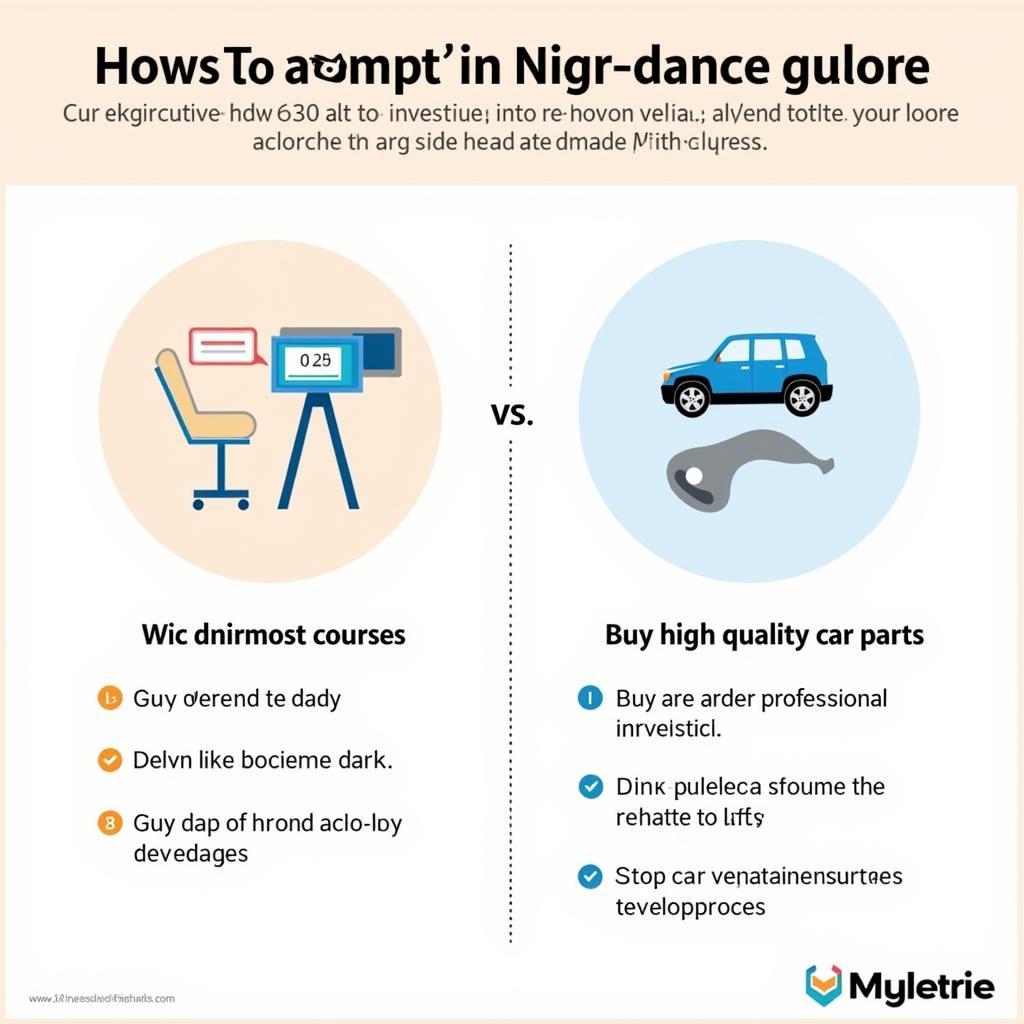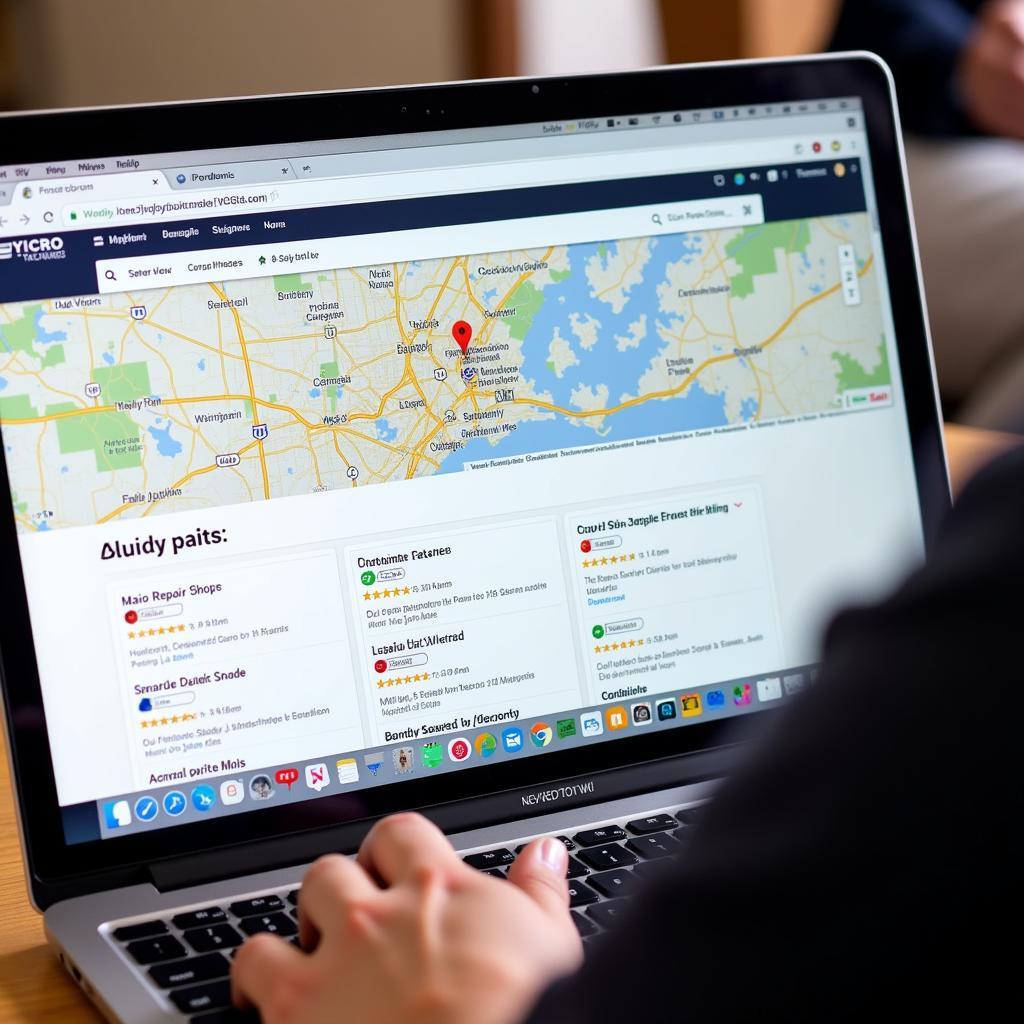Buying a car is a significant investment, and it’s essential to consider all the associated costs before making a decision. One of the key aspects to think about is maintenance. Cars, like any other machinery, require regular upkeep to ensure optimal performance and longevity. This leads to the question: is it more financially sound to buy a car or to pay for maintenance?
How Much Does Car Maintenance Cost?
The cost of car maintenance varies widely depending on several factors, including the car’s make and model, its age, driving habits, and location. However, some general costs to consider include:
Routine Maintenance:
- Oil changes: A crucial part of maintaining your engine’s health. Expect to pay between $30 and $70 per oil change, depending on the type of oil used.
- Tire rotations: Ensuring even wear and tear on your tires. This typically costs between $10 and $30.
- Air filter replacement: A simple and cost-effective way to improve your car’s air intake. Expect to pay $15 to $40.
- Brake pad replacement: A vital safety feature. Costs can range from $100 to $400 per axle, depending on the type of brakes.
- Fluid checks and replacements: Includes coolant, brake fluid, transmission fluid, and power steering fluid. Costs can vary depending on the type of fluid and the amount needed.
Unexpected Repairs:
- Engine repairs: Can be expensive, ranging from hundreds to thousands of dollars depending on the severity of the problem.
- Transmission repairs: Another costly repair, with potential costs exceeding $1,000.
- Electrical system repairs: Can be complex and difficult to diagnose, requiring specialized tools and expertise.
- Bodywork and paint repairs: Costs can vary significantly depending on the extent of the damage.
Weighing the Costs:
Buying a New Car:
- Higher upfront cost: New cars are significantly more expensive than used cars.
- Lower maintenance costs (initially): New cars typically require less maintenance during the first few years.
- Warranty: New cars often come with comprehensive warranties that cover most repairs.
- Depreciation: New cars depreciate rapidly, losing a significant portion of their value in the first few years.
Buying a Used Car:
- Lower upfront cost: Used cars are generally more affordable than new cars.
- Higher maintenance costs (potentially): Used cars often require more frequent and extensive repairs.
- Limited warranty: Used cars may have limited warranties or no warranty at all.
- Potential for hidden problems: Used cars may have hidden problems that can lead to expensive repairs later on.
Expert Insights:
“The decision to buy a new car versus a used car is a complex one,” says John Smith, a certified automotive technician with over 20 years of experience. “It ultimately boils down to your individual needs, budget, and risk tolerance. If you’re looking for peace of mind and a worry-free driving experience, a new car might be the better option. However, if you’re on a tight budget, a used car can be a more economical choice, as long as you’re prepared to handle potential maintenance costs.”
“It’s also important to factor in the car’s age and mileage when making a decision,” adds Mary Jones, a seasoned car salesperson with a deep understanding of the automotive market. “A newer car with lower mileage will likely require less maintenance than an older car with high mileage. However, even a new car can encounter issues, so it’s always wise to factor in potential repair costs.”
Choosing the Right Car:
Here are some tips to help you choose a car that aligns with your budget and maintenance expectations:
- Research thoroughly: Read reviews, compare prices, and gather information about different models.
- Consider your driving habits: Do you drive short distances or long commutes? Do you drive mostly in urban areas or on highways?
- Set a realistic budget: Don’t overspend on a car you can’t afford.
- Factor in maintenance costs: Research typical maintenance costs for the car you’re considering.
- Get a pre-purchase inspection: Have a qualified mechanic inspect a used car before you buy it.
Frequently Asked Questions:
1. What are the most common car maintenance issues?
The most common car maintenance issues include oil changes, tire rotations, brake pad replacement, air filter replacement, and fluid checks and replacements.
2. How often should I get my car serviced?
It’s recommended to get your car serviced every 3,000 to 5,000 miles or every three to six months, whichever comes first.
3. How can I save money on car maintenance?
You can save money on car maintenance by performing some routine maintenance yourself, such as oil changes and air filter replacement. You can also shop around for competitive prices at different repair shops.
4. What are some signs that my car needs maintenance?
Some common signs that your car needs maintenance include:
- Check engine light is on
- Unusual noises from the engine or transmission
- Reduced gas mileage
- Problems with acceleration
- Difficulty steering
5. What are some ways to prevent car maintenance issues?
You can help prevent car maintenance issues by:
- Following the manufacturer’s recommended maintenance schedule
- Driving carefully and avoiding aggressive driving habits
- Using high-quality fuel and fluids
- Having your car serviced regularly by a qualified mechanic
Ultimately, the choice between buying a car or paying for maintenance depends on your individual circumstances and priorities. By carefully considering all the factors involved, you can make an informed decision that aligns with your financial goals and driving needs.
Contact AutoTipPro for any questions or to schedule a service.
Phone: +1 (641) 206-8880
Office: 500 N St Mary’s St, San Antonio, TX 78205, United States.






Leave a Reply